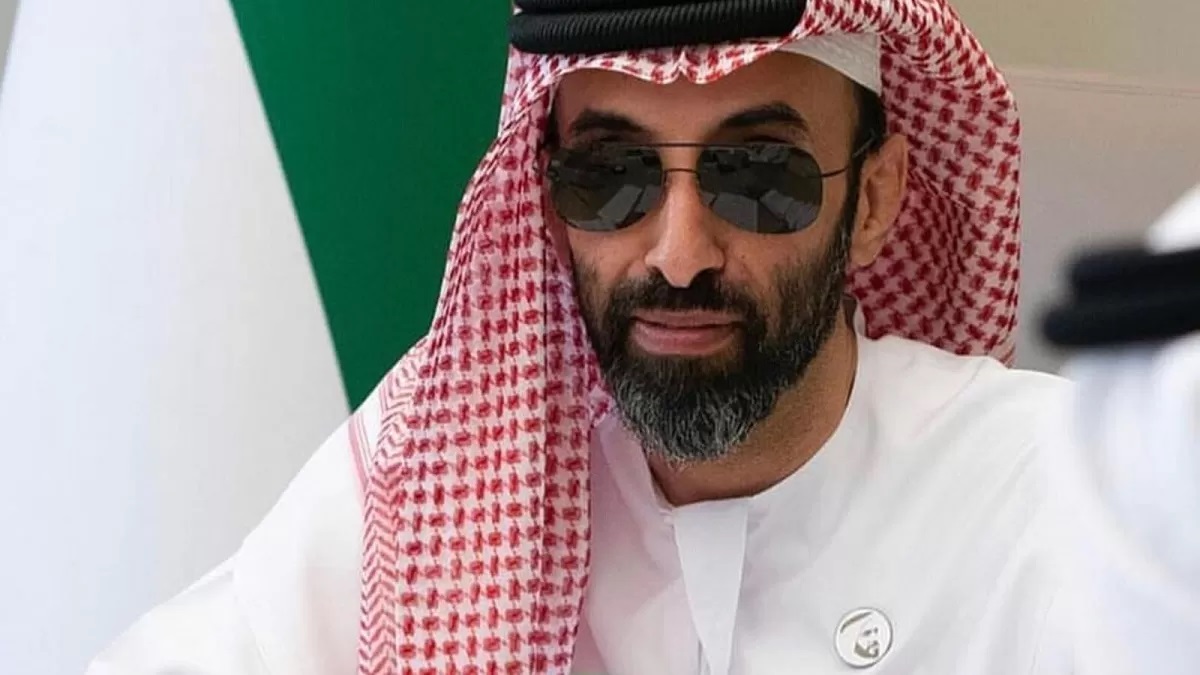G42 Investigation Unveils Complex Chinese-Emirati Relations: A Security Quandary for the U.S.

Watan-A recent investigation by the American newspaper “The New York Times” has brought attention to dubious Chinese-Emirati relations within the G42 artificial intelligence group, led by Sheikh Tahnoon bin Zayed, the UAE’s National Security Advisor.
The investigation, highlighted by [Source], reveals that U.S. officials are working to unravel the intricate connections between China and the Emirati group specializing in artificial intelligence.
The New York Times investigation was based on interviews with U.S. government officials, technical analysts, and American and foreign executives.
Sensitive Matter for the United States
The United States considers this issue highly sensitive, a concern raised by U.S. National Security Advisor Jake Sullivan during Sheikh Tahnoon bin Zayed’s visit to the White House in June 2023.
The investigation highlights Washington’s warnings about the suspicious growth of the Emirati group G42 after it signed significant agreements and deals, with one reaching up to $100 million.
These agreements encompass initiatives aimed at developing the “largest supercomputer in the world.” G42’s partnership with OpenAI, the creator of the widely renowned Chat GPT, is also noted in the investigation, underlining the group’s increasing prominence.
The investigation delves into intelligence reports that have raised concerns about the Emirati group, prompting warnings regarding G42’s collaboration with major Chinese companies. This has led to heightened caution from Washington regarding G42’s dealings with prominent Chinese corporations.
China and the UAE Pose Security Threats
U.S. officials view Sino-Emirati cooperation as security threats, expressing concerns that the Emirati company G42 may serve as a conduit for the transfer of advanced American technology to Chinese companies.
According to The New York Times investigation, these transactions could potentially act as a “communication line for obtaining genetic data for millions of Americans and others in the hands of the Chinese government.”
In response, the U.S. intelligence agency initiated a classified investigation into G42’s CEO, Peng Xiao, who received his education in the United States and renounced his American citizenship in favor of Emirati citizenship.
During a meeting with Sheikh Tahnoon bin Zayed, Washington expressed serious concerns about the leadership of the company. President Joe Biden urged Abu Dhabi to exert pressure on G42 to sever ties with Chinese companies and any affiliated agencies.
This development comes amid intensified U.S. efforts to curb China’s influence in the Middle East, with American officials viewing Chinese efforts to build military bases and sell weapons in the region as urgent national security concerns.
Ambiguity and Emirati Refusal to Comment
The New York Times reported that the UAE, under the leadership of Sheikh Mohammed bin Zayed, is actively cultivating stronger ties with China and Russia to reduce dependence on the United States, its principal military partner and arms supplier.
However, it remains unclear whether U.S. officials have shared their concerns about G42 with American companies that have partnerships with the group.
The American newspaper highlighted the mystery surrounding the issue and the refusal to comment by both American and Emirati officials regarding the information revealed in the investigation.
Talal Al Qaisi, an executive at G42, stated that the group has collaborated with numerous international technology players worldwide. He mentioned that discussions began late last year with Microsoft to explore replacing the technology stack or infrastructure.
Al Qaisi added that this year, the group decided to seek collaboration with American companies, including Cerebras and Nvidia, to upgrade their supercomputer and transition away from “outdated Chinese technology.”
G42, valued at $10 billion, encompasses an Arabic-language AI model, a platform for tech talents, a technological investment fund, a healthcare company, and a genome sequencing program.
The group’s foreign investments include a $100 million stock purchase in ByteDance, the Chinese parent company of TikTok, a social media application that has sparked widespread controversy in the United States, with accusations that China uses it as a spying tool.





